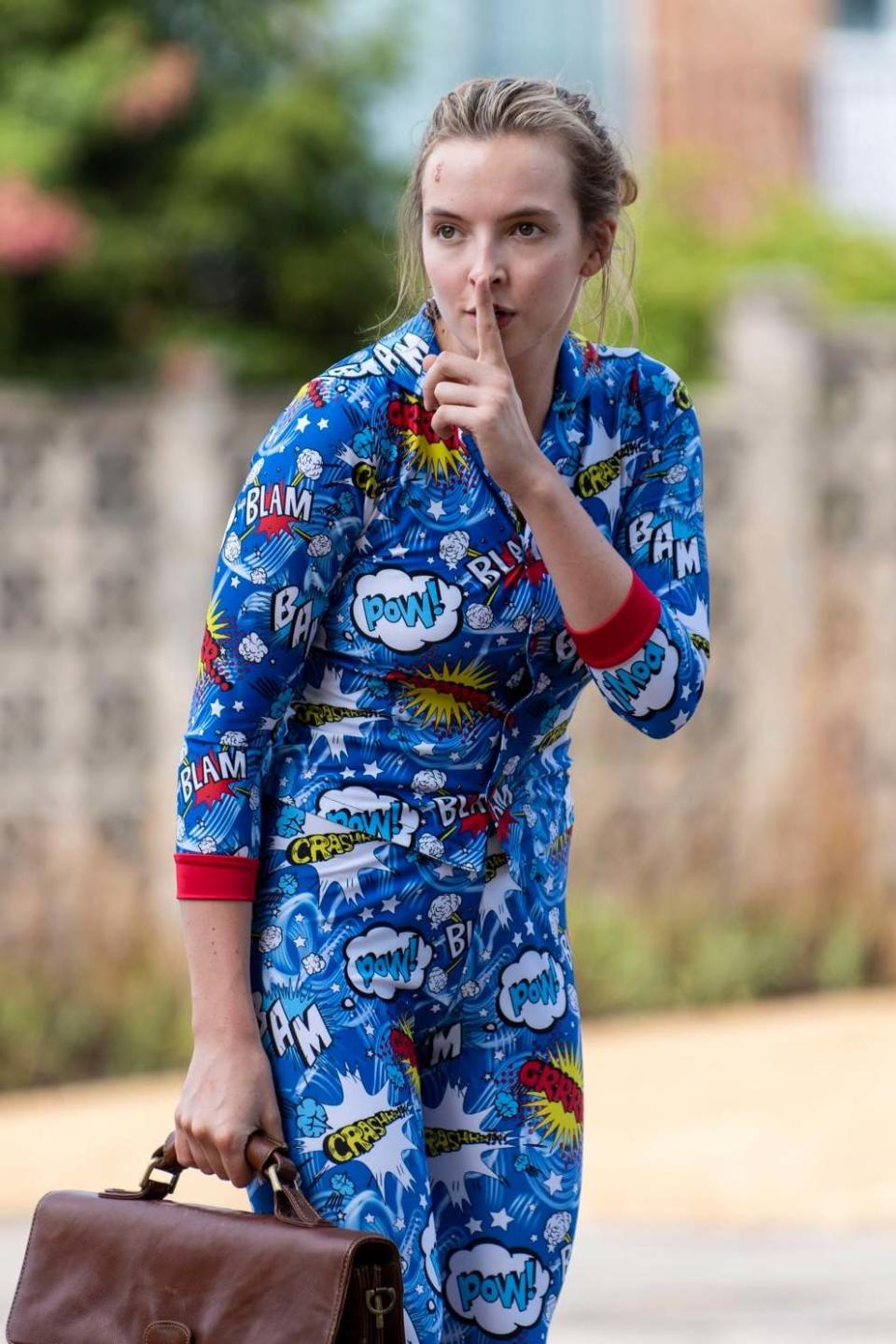Newsflash, Mr Trump — the colour of my skin has nothing to do with where I’m from. This is my home
A long, long time ago — back in the glory days — I would often get this as a chat-up line. “Which gorgeous part of the spice-scented world does some exotic bird like you come from?” Imagine the disappointment and confusion when I replied “Glasgow”, with the accent to match.
“Where do you come from?” can be a loaded question if you’re a person of colour or an immigrant. It can be a genuinely curious inquiry, with no malice and a friendly interest in your family background and story. Or it can be more aggressive, with a subtext which hints at “go back to your real home — where you really come from?” In other words, you don’t really belong here.
That’s what we’ve seen from Donald Trump with his toxic, racist tweets about “The Squad” — the four ethnic minority Democrat congresswomen — who he told to go home if they didn’t like the way things are going in the US. He seems to have missed that three of them were born there, and that Ilhan Omar, who was born in Somalia and came to America as a child, has been a US citizen for longer than his wife Melania. But facts were never his strong suit. This isn’t about reality, it’s about race. His adviser Kellyanne Conway defended her boss yesterday by demanding to know a journalist’s ethnicity.
Even though the House of Representatives voted to denounce Trump last night, I fear his words will not just be welcomed by his base in the US but by many here. On Nicky Campbell’s morning phone-in on BBC Radio 5 Live yesterday I was dismayed to hear a caller who completely agreed with Trump, and when challenged was happy to admit live on national radio that he was probably racist but asserted that he was part of a silent majority. I felt a bit sick that maybe he was right.
I worry that the notion that you can’t ever be a proper, true citizen if you or your parents were born somewhere else, and if you have different colour skin, is an old-fashioned, depressing, nativist view which is sadly becoming more acceptable here in the UK again.
I experienced it myself recently. In Glasgow a few months ago, my brother and I were at a barbecue talking to an older lady about Scottish independence. She was very pro; we were less sure. Suddenly the conversation took a turn for the worse and she said we couldn’t possibly understand as we weren’t “properly” Scottish like she was (presumably because we didn’t have centuries of ancestors living in crofts).
"Trump seemed to miss the point that Ilhan Omar has been a US citizen for longer than his wife Melania"
I cracked a lame joke about how tight my brother was but it was really awkward. We didn’t want to make a scene — we’re in our forties, for goodness sake — but it was like we were transported back in time to when we were children, at a time when people would look at us in a funny way and we felt like outsiders.
We felt embarrassed and uncomfortable. But that’s what bigotry and prejudice feel and look like. Pretty ugly.
There’s no place for boys’ clubs at the top
We’re about to wave goodbye to our second female Prime Minister, and while I wasn’t a huge fan of Theresa May I’m not overjoyed that politics is set to revert to being a boys’ club, also known as business as usual — literally. According to a report by consultancy The Pipeline, which looked at the 350 largest listed companies in Britain, progress on gender equality in our boardrooms is painfully slow, and in some cases going into reverse.
Only 3.7 per cent of FTSE-350 companies had a female CEO, a drop from 4.6 per cent two years ago. There are no women executives on the main boards of more than 85 per cent of these companies. Only nine per cent of executive directors are women, unchanged from 2017.
And it’s not just here in the UK. If you look abroad, the figures are bleak — India and Germany have no women CEOs while China, the US, Spain and France have only one each.
These statistics are appalling and show how far we have to go. Big business should be a magnet for talent but it’s clearly excluding half the population, even though the numbers show that more female managers make more money and more overall profit for companies. The lack of women moving into executive positions also perpetuates the gender pay gap.
It’s time for business to get a grip. Women don’t want a fluffy workshop on diversity. They want promotions and a seat at the table.
At least our luvvies are leading the way

British TV continues to enjoy a golden era and dominates the Emmy nominations, which were announced last night. I’m over the moon that Jodie Comer is up for best actress for her role as Villanelle in Killing Eve, although in keeping with the show’s theme she has to battle it out with her co-star Sandra Oh for the title.
All five female stars of Fleabag are nominated, as are Hugh Grant, Jared Harris and Emma Thompson. Britain’s creative industries are successful and sought-after exports. Wouldn’t it be ironic if our luvvies end up saving us come a no-deal Brexit?

 Yahoo News
Yahoo News 
